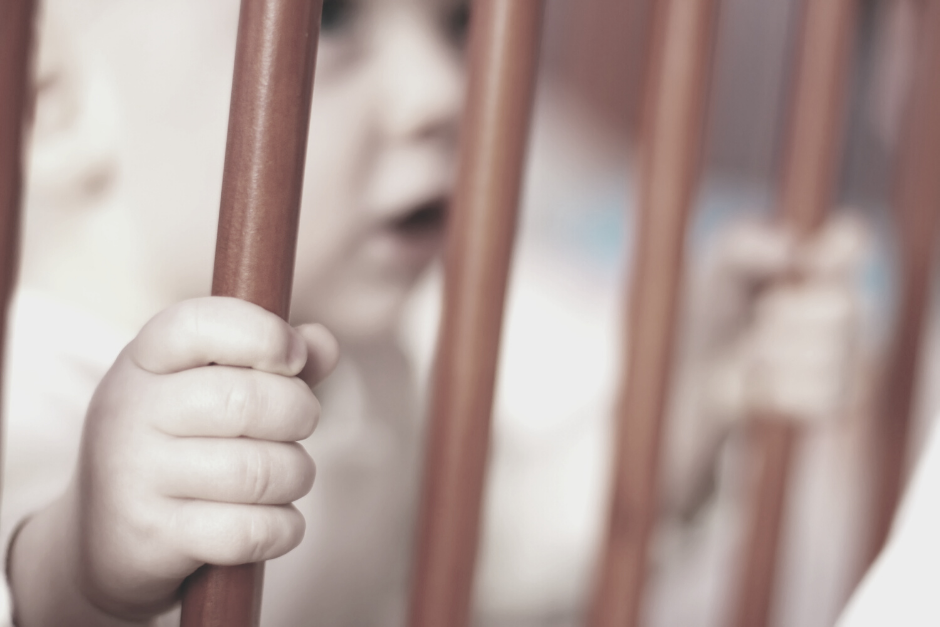The discovery of horrendous conditions in Romanian orphanages after the execution of communist dictator Nicolae Ceausescu in 1990, first introduced many people to attachment theory.
News reports showed children who were neglected, traumatized, starved and abused and told of infants who were abandoned in cribs for entire days without human contact. The orphanages were covered extensively by the media at the time, as were the grim stories of children who were later adopted and failed to bond with their new parents or thrive in their new homes.
The tragedy also led to the iconic Bucharest Early Intervention Project (Zeanah et al. 2003) that looked at the impact of early-childhood trauma on attachment and the brain.
To mark the three decades since these atrocities were uncovered, a number of articles have been written over the last months about how the former orphans are coping as adults. The Atlantic recently featured the story of Izidor, a former orphan adopted at the age of 14 by a loving family in California. Izidor’s life in many ways illustrates the devastating life-long effects of a lack of attachment in childhood, but also shows how healing parenting can make a difference. Izidor tells of his troubles fitting in with his new family, struggles with behavioral and learning challenges, and his continuing difficult with making connections to others.
His experiences and those of many other children who came out of the orphanages, show us that trauma affects children on many levels of biological functioning. Neglect and abuse during infancy and early childhood can trigger prolonged alarm reactions (fight, flight, freeze), which alter the neurobiology of the brain and central nervous system. These experiences have a disproportionate influence on the developing brain.
Brain circuits are being created rapidly in early life, are largely determined by the quality of the infant/caregiver relationship and the level of stress. Babies are right-hemisphere dominant, responding primarily to preverbal and nonverbal communication – facial expression, touch, tone of voice and in-arms security and safety. The infant’s right brain and the attachment figure’s right brain are in-synch during moments of connections. This “limbic” resonance” is the fundamental building block of secure attachment and leads to the child’s ability to self-regulate and to the formation of the child’s core beliefs.
The Bucharest Early Intervention Project showed that children deprived of quality relationships also have abnormal brain development. The research followed three groups of children: (1) Those who were institutionalized (in orphanages) their entire young lives. (2) children who lived in orphanages their entire lives, (2) Children who spent time in orphanages but were placed in foster care at a mean age of 22 months, (3) and children who lived with their parents their entire lives. The institutionalized children were found to have stunted and delayed patterns of brain activity, cognitive development and physical growth. The children placed in foster care before the age of 2 show patterns of brain activity similar to never-institutionalized children, indicating the importance of placing children early to reduce the negative effects of deprivation. This confirms the theory that placing babies in an institutional setting can have dire consequences for brain function, and these effects are worse for children older than 2 years.
Sadly, the stories of Izidor in the Atlantic and some of his contemporaries (Adopted Romanian orphans ‘still suffering in adulthood’ (BBC; 2017), Romanian orphans subjected to deprivation must now deal with dysfunction (Washington Post; 2014)), are points of proof that the findings of the Bucharest Project and attachment research based on the project, hold true even today.
Despite the grim history, if you love and care for a child who experienced early childhood trauma, know there is hope for healing. Corrective Attachment Therapy and the learned skills of healing parenting, do make a difference and create positive change. To learn more about these treatment interventions, contact info@evergreenpsychotherapycenter.com.



Brothers and sisters…
Let’s help orphans and needy people in Indonesia with us
Please support us at ussunnah.org/orphans
I am also adopted from Romania
I am facing a failed adoption, learning problems, mental health problems, and unemployment because of my inability to learn and understand quickly
Is anyone else adopted from Romania having these problems too?
I feel sooo alone!
Hey Leah!
I’m so sorry you’ve experienced this. You didn’t deserve that. It’s so hard to go through as a child. I’m praying for you! If you ever want prayer or anyone to talk to, I’m on instagram @heavenerr.
Hoping for more healing for you,
Brent